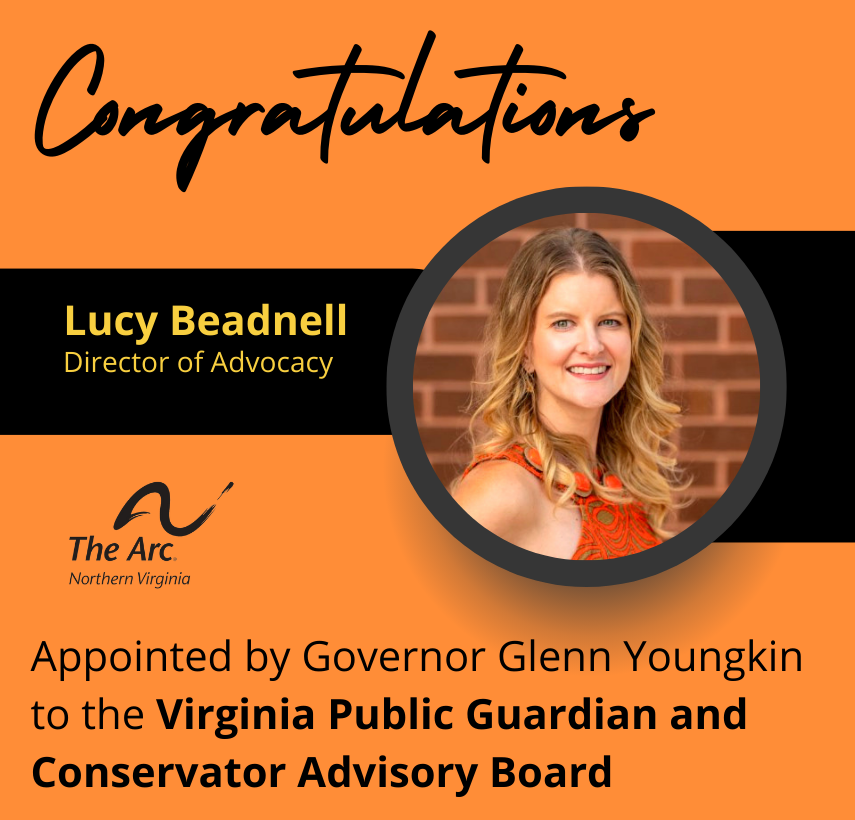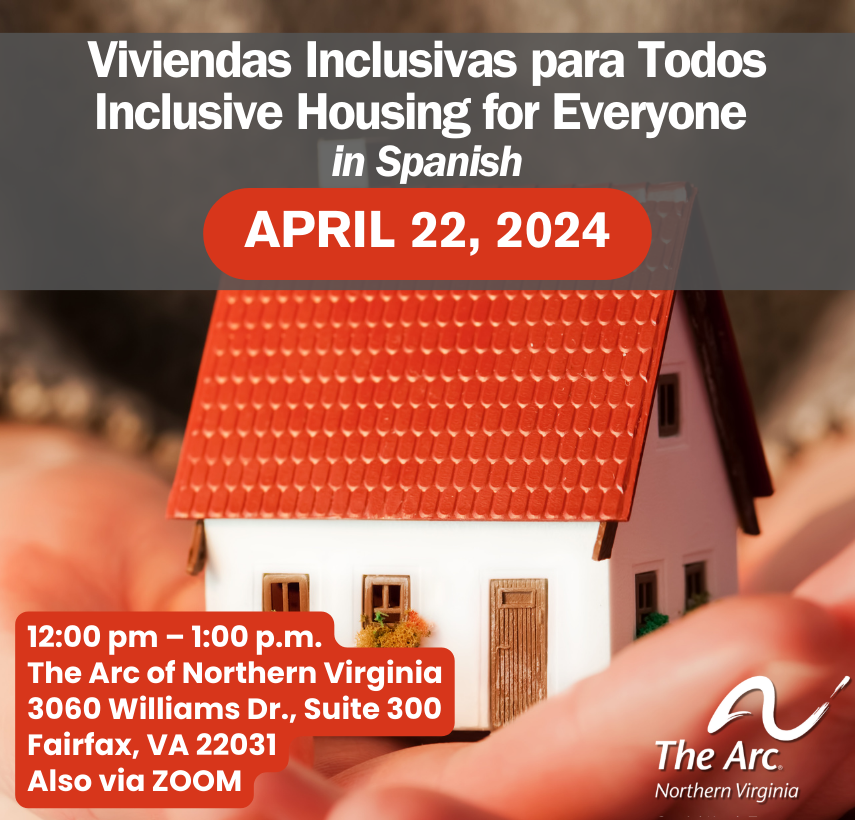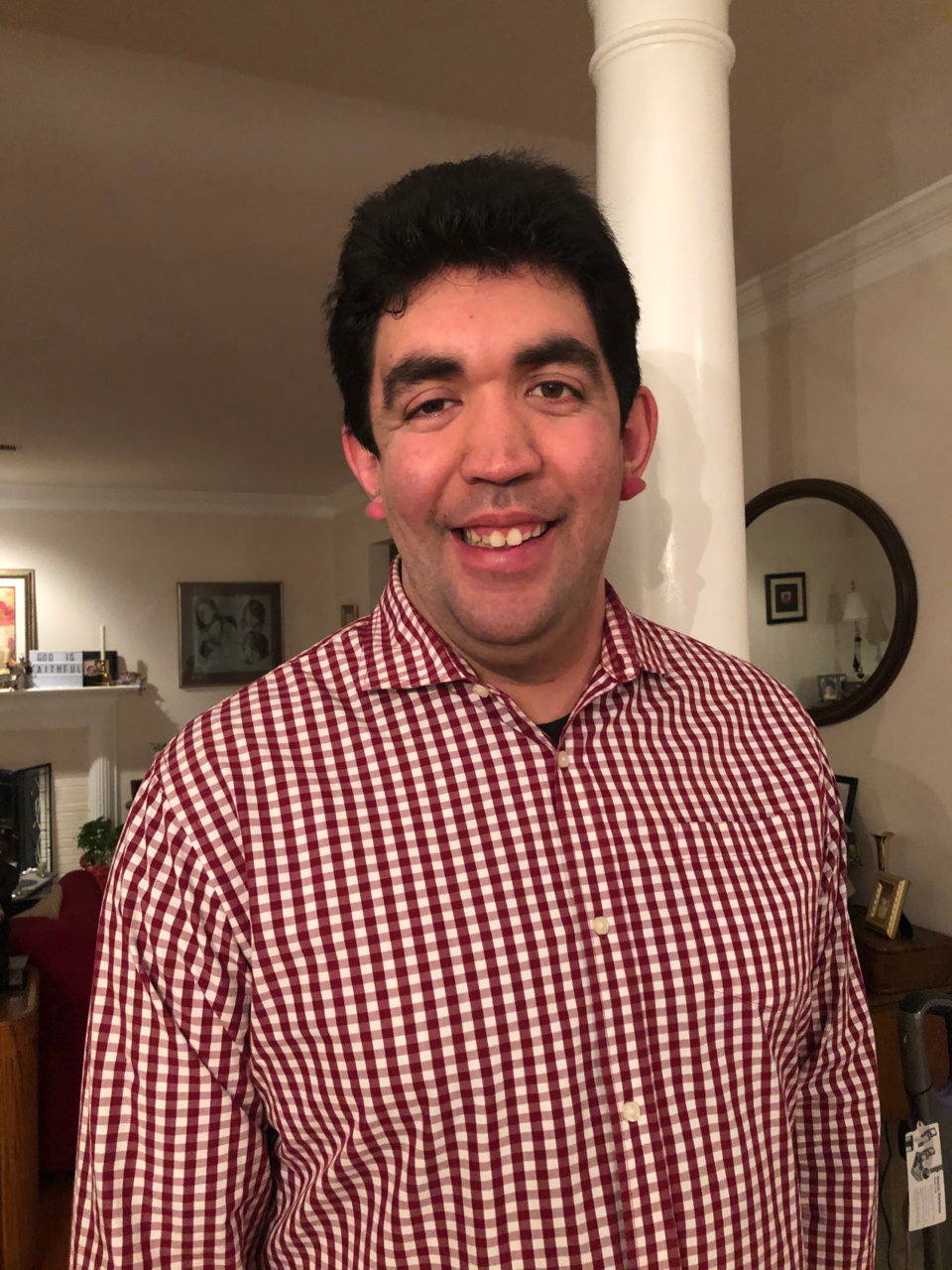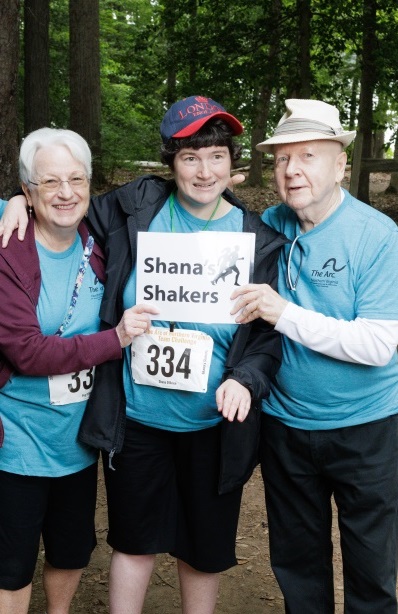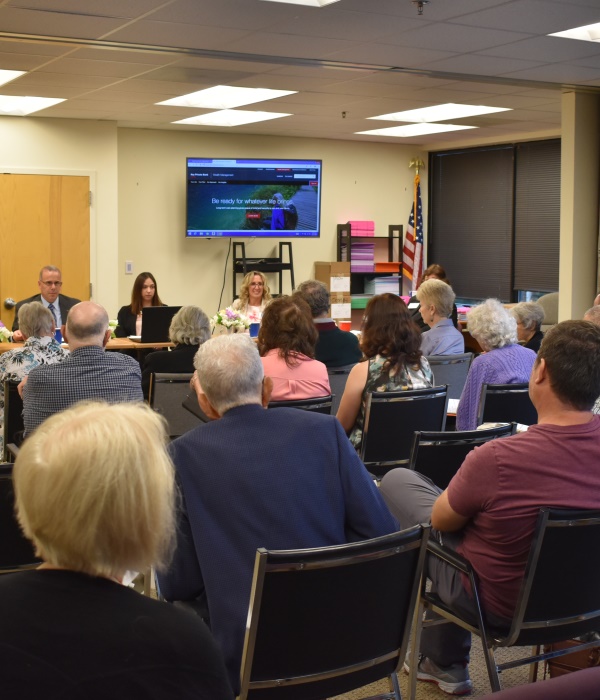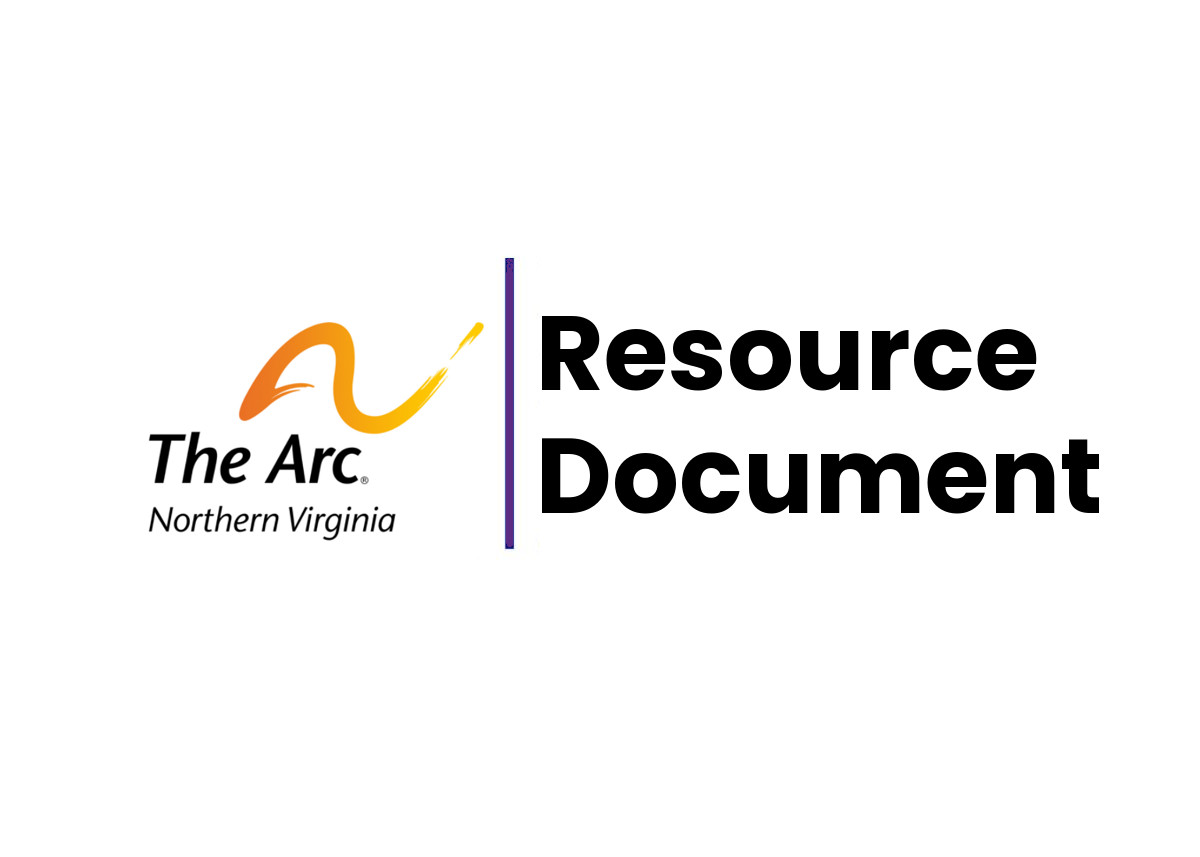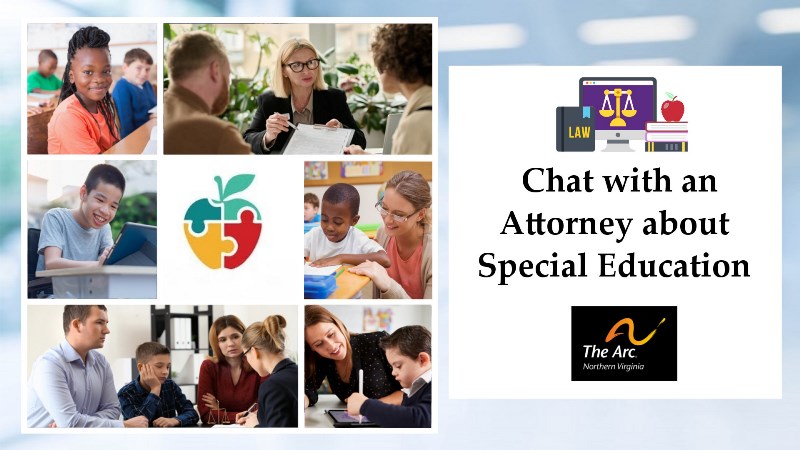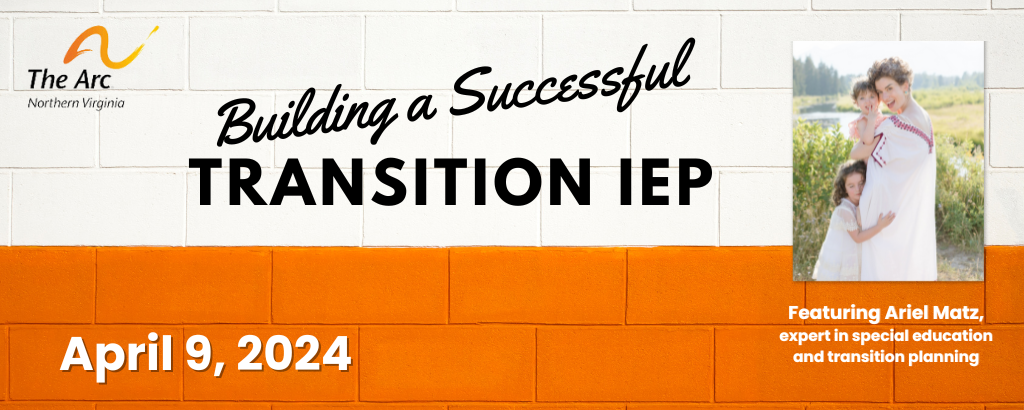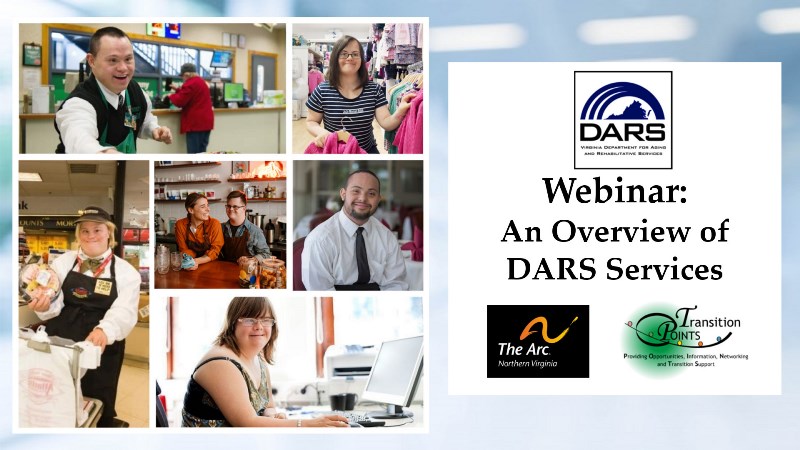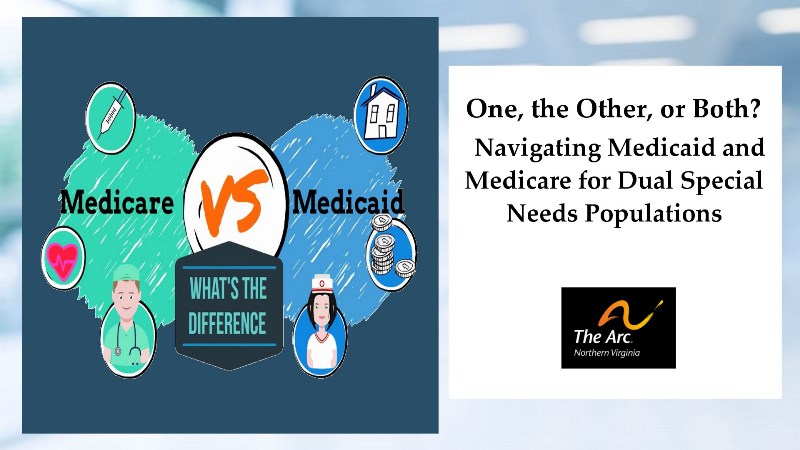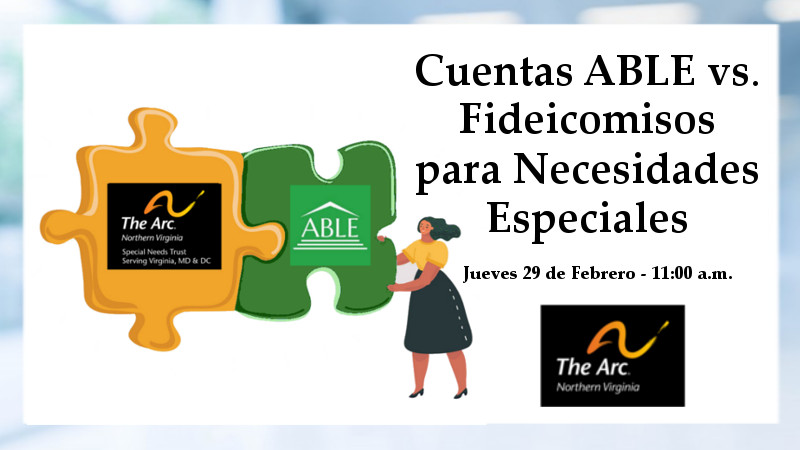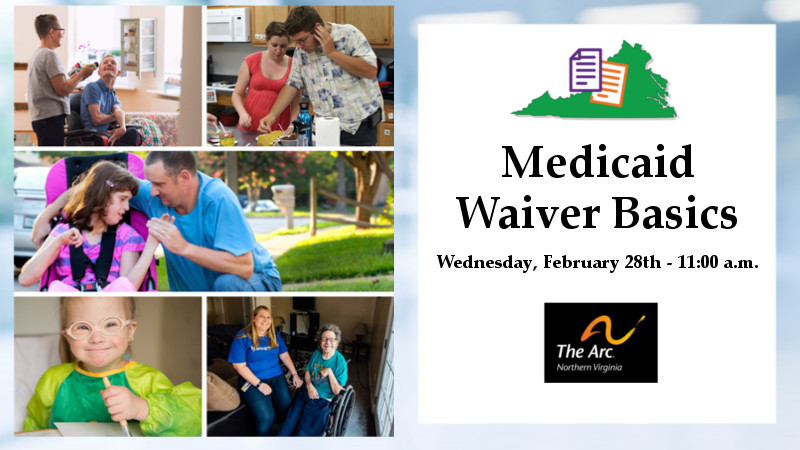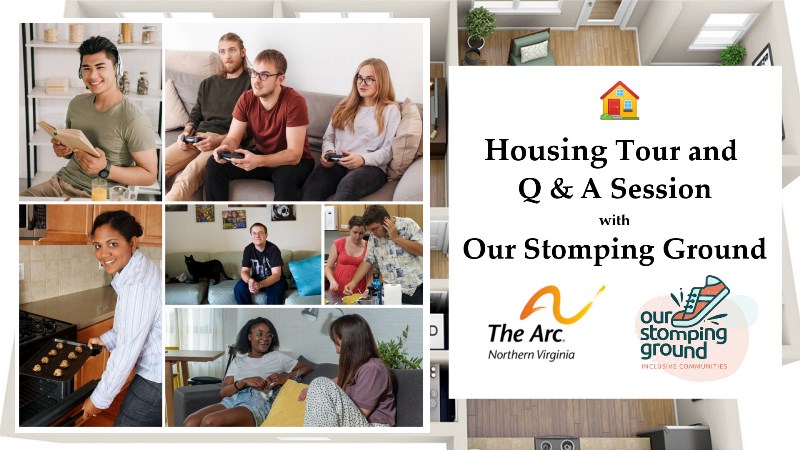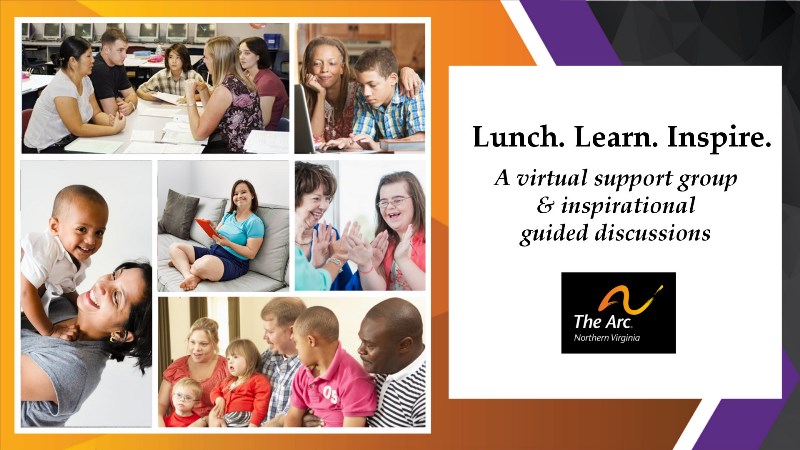Home
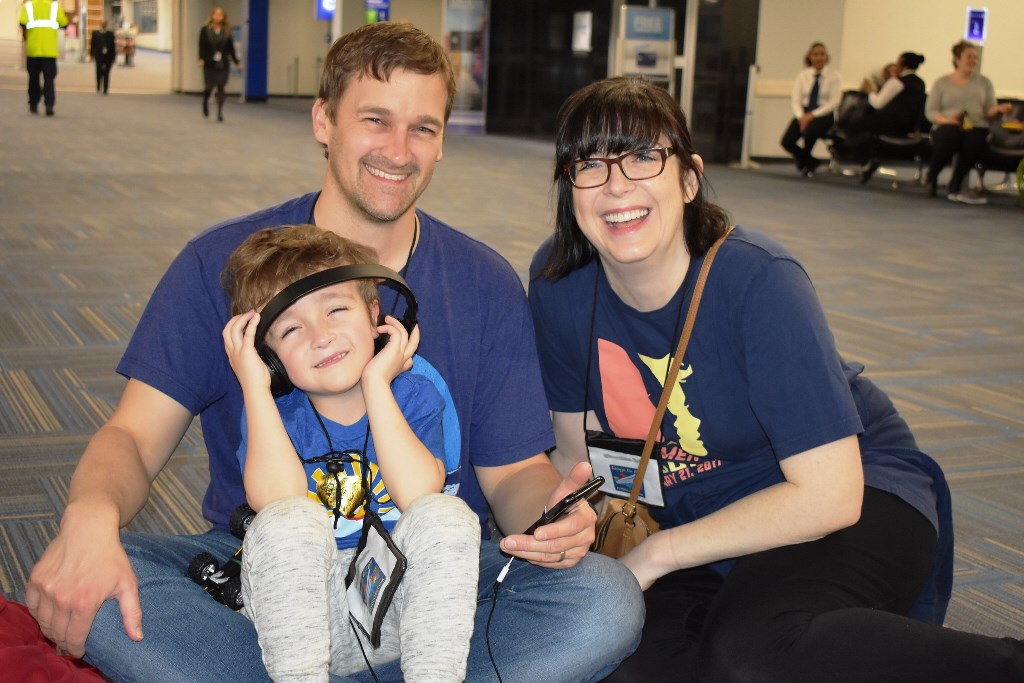
WE FIGHT EVERY DAY
so no person with an intellectual or developmental disability
gets left behind.
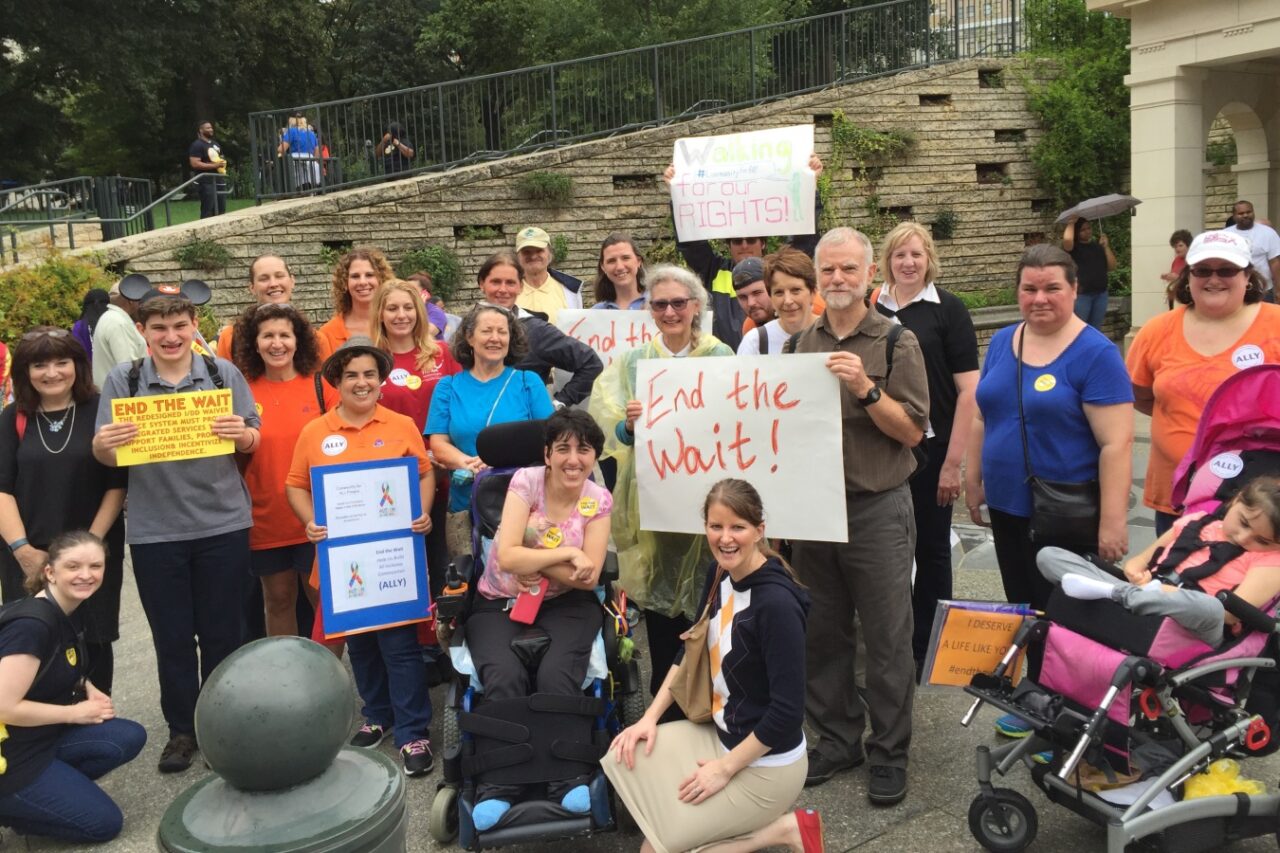
We are a small, grassroots, 501(c)(3) non-profit organization governed by a local volunteer board of directors.
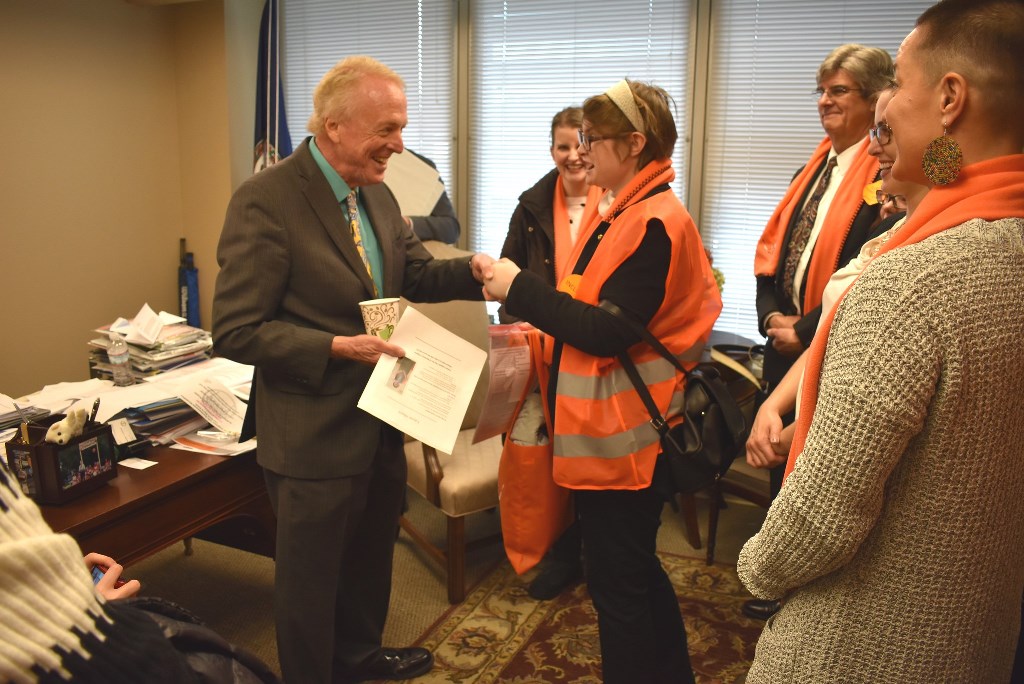

At every age and every stage…
The Arc of Northern Virginia serves people of all ages who have a wide range of intellectual and developmental disabilities. At every stage of life, we’re there to support individuals and families at home, in school and in the workplace. We’ll help meet basic needs, achieve life goals, form meaningful relationships, and realize full inclusion in the community.
Serving our communities
How We Help

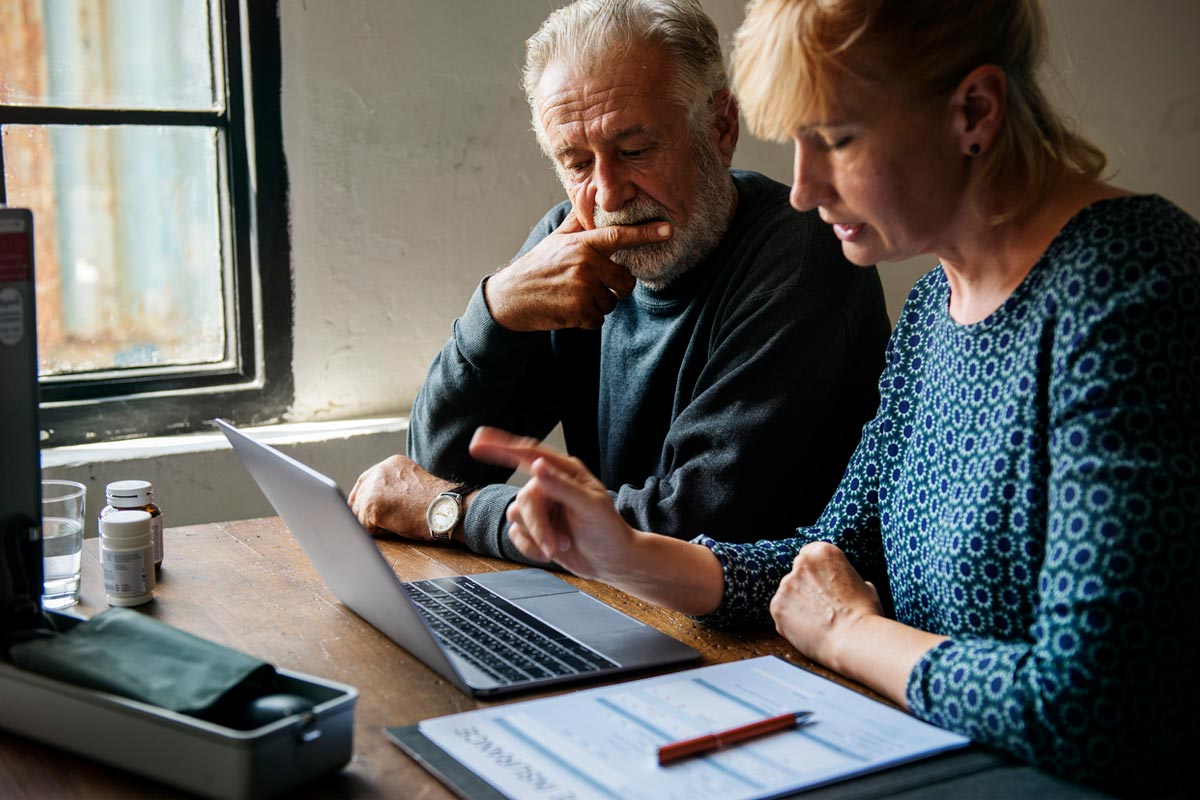
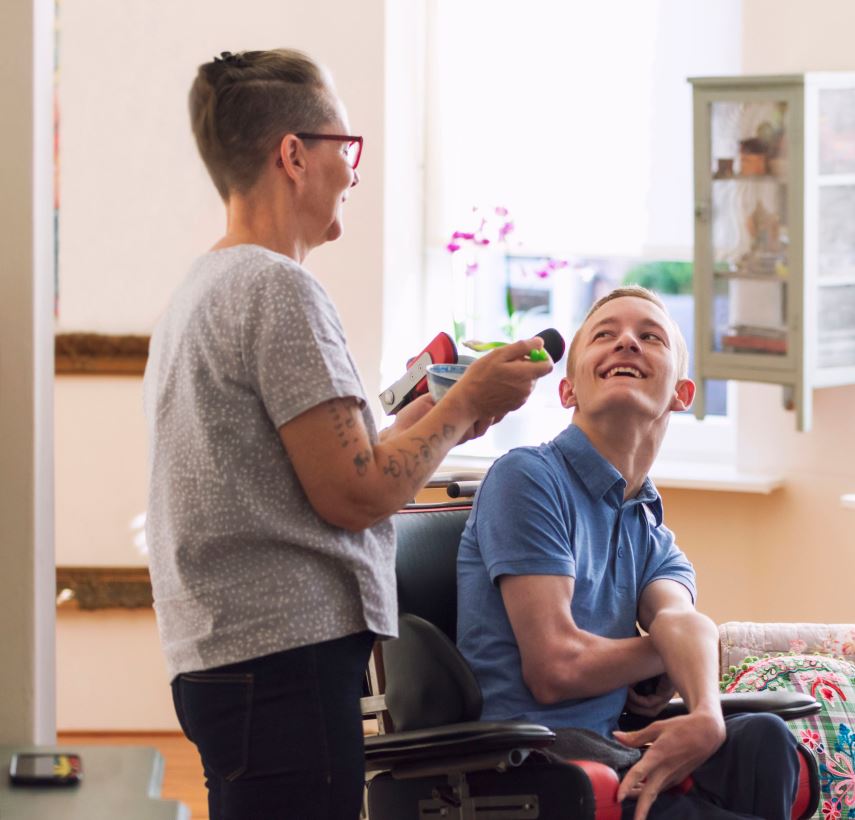
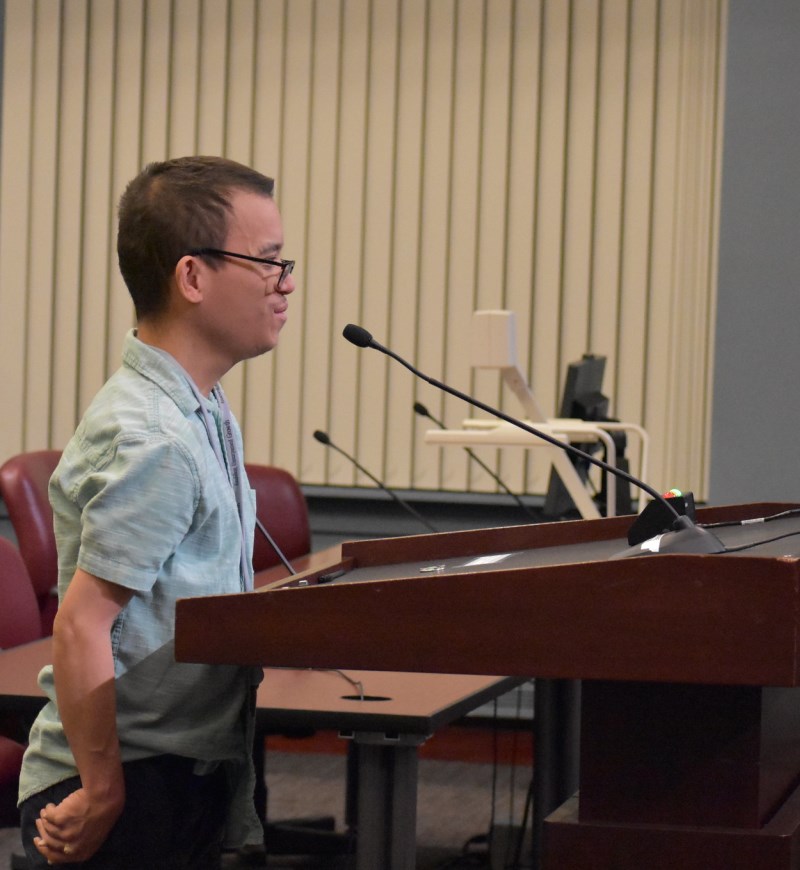
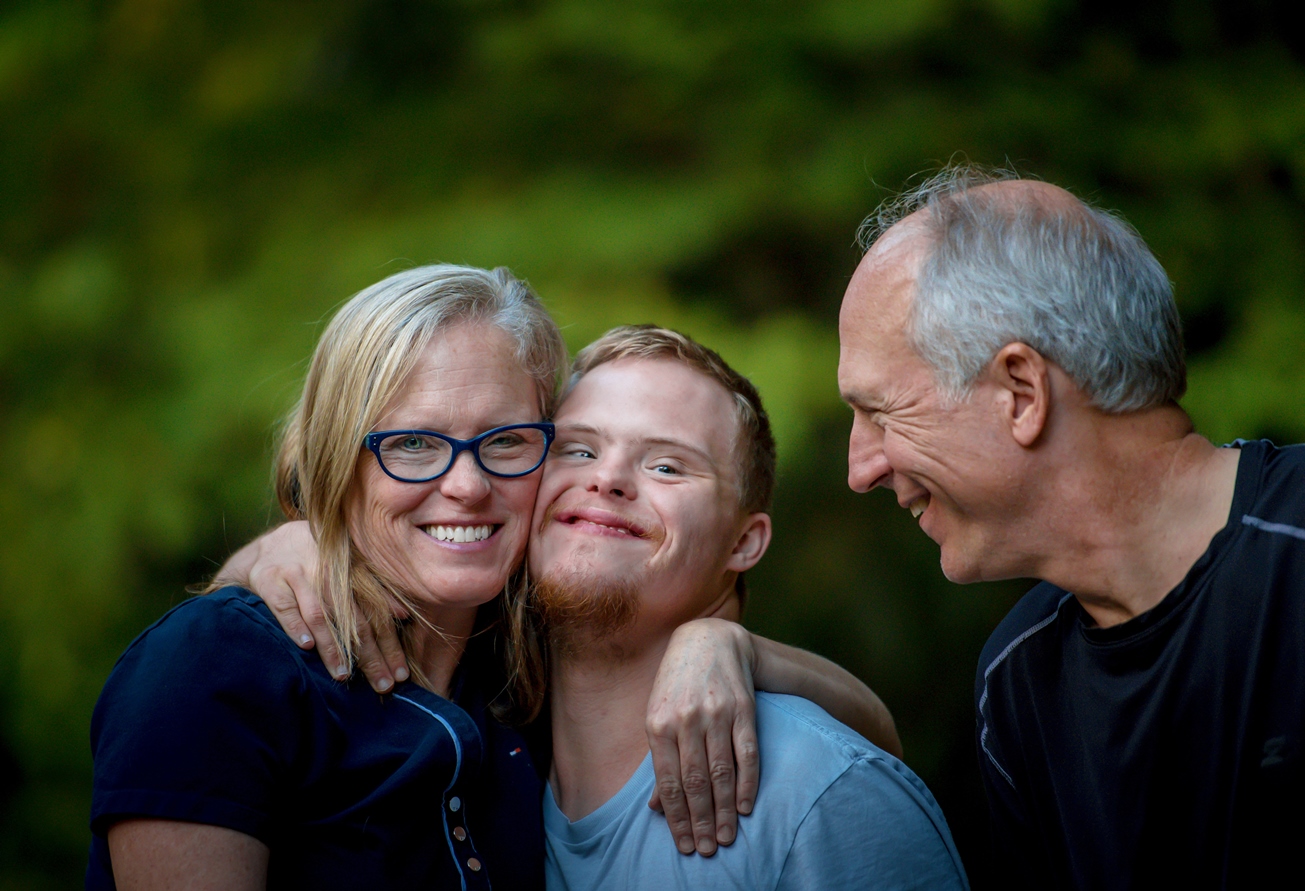

Serving our communities
How We Help
Transition POINTS (Providing Opportunities, Information, Networking and Transition Support) affords people with disabilities, parents, siblings and other caregivers the information they need to make decisions at key points across the lifespan. It includes guidebooks, resource materials, webinars, and workshops on the topics of early intervention, education, transition, employment, housing, and aging with a disability.
When people with disabilities and their families have questions, we are happy to help them locate services, navigate challenging situations, and share helpful tips. Our online Ask the Arc portal will give you an automated reply with helpful information and a member of our expert staff team will personally follow up to help you find what you need. You can attend a free workshop or webinar, visit our Resource Library to find handouts and resource guides, or visit our YouTube channel to watch recorded webinars.
We track legislation that affects the disability community, provide comments and testimony, and represent the needs of people with DD on workgroups and commissions to protect your rights and funding. Annually we organize a large group of concerned advocates to go to Richmond for a statewide DD Advocacy Day with members of our General Assembly.
Our self-advocacy program is People First, and it works in conjunction with a chapter of Toastmasters, a public speaking club. Transition-age advocates can join us at People First for Young Adults. We welcome self-advocates of all abilities to join us at one of these monthly meetings to meet friends, become informed on advocacy needs, and improve their public speaking skills.
Our Special Needs Trust exists to assist people with disabilities and their families in saving money for the future without losing public benefits, like Medicaid and Social Security that have strict asset caps. The funds invested in the trust will be used to provide security, support, services, and medical care or other supplemental needs not covered by benefits or insurance. This opportunity is available to anyone determined to have a disability by Social Security.
Testimonials
Expressions of gratitude from those we’ve helped
Resources Curated For You
Help Center
Viviendas Inclusivas para Todos/Inclusive Housing for Everyone in Spanish
Chat with a Special Education Attorney
Building a Successful Transition IEP
Overview of DARS Services
Navigating Medicaid and Medicare for Dual Special Needs Populations
ABLE Accounts vs. Special Needs Trusts (in Spanish)
Medicaid Waiver Basics
Housing Tour and Q & A Session with Our Stomping Ground
Viviendas Inclusivas para Todos/Inclusive Housing for Everyone in Spanish
Chat with a Special Education Attorney
Building a Successful Transition IEP
Overview of DARS Services
Navigating Medicaid and Medicare for Dual Special Needs Populations
ABLE Accounts vs. Special Needs Trusts (in Spanish)
Medicaid Waiver Basics
Housing Tour and Q & A Session with Our Stomping Ground
Lunch. Learn. Inspire.
Applying for Social Security Disability Benefits Fact Sheet
Checklist: Adult Disability Interview
Checklist for Online Adult Disability Application
FAQs About Social Security Benefits
Calculating Rent for Social Security Recipients in the Family Home
Sample Rental Agreement for SSA
Representative Payees with Social Security
Social Security Disability Income Adult Benefits and Financial Qualifications for Medicaid and Medicaid Waiver
Social Security Work Incentives: An information handout
FAQs About Navigating the Waiver System Services-Long version
FAQs About Navigating the Waiver System-Short version
Waiver Eligibility Assessment (VIDES) – Adults
Waiver Eligibility Assessment (VIDES) – Infants
Waiver Eligibility Assessment (VIDES) – Children
Tips for Legally Responsible Individuals as Paid Waiver Caregivers 10.16.23
Waiver-Personal-Care-Hours-Management-11.6.19
Benefits-of-Waiver-Medicaid-5.11.21
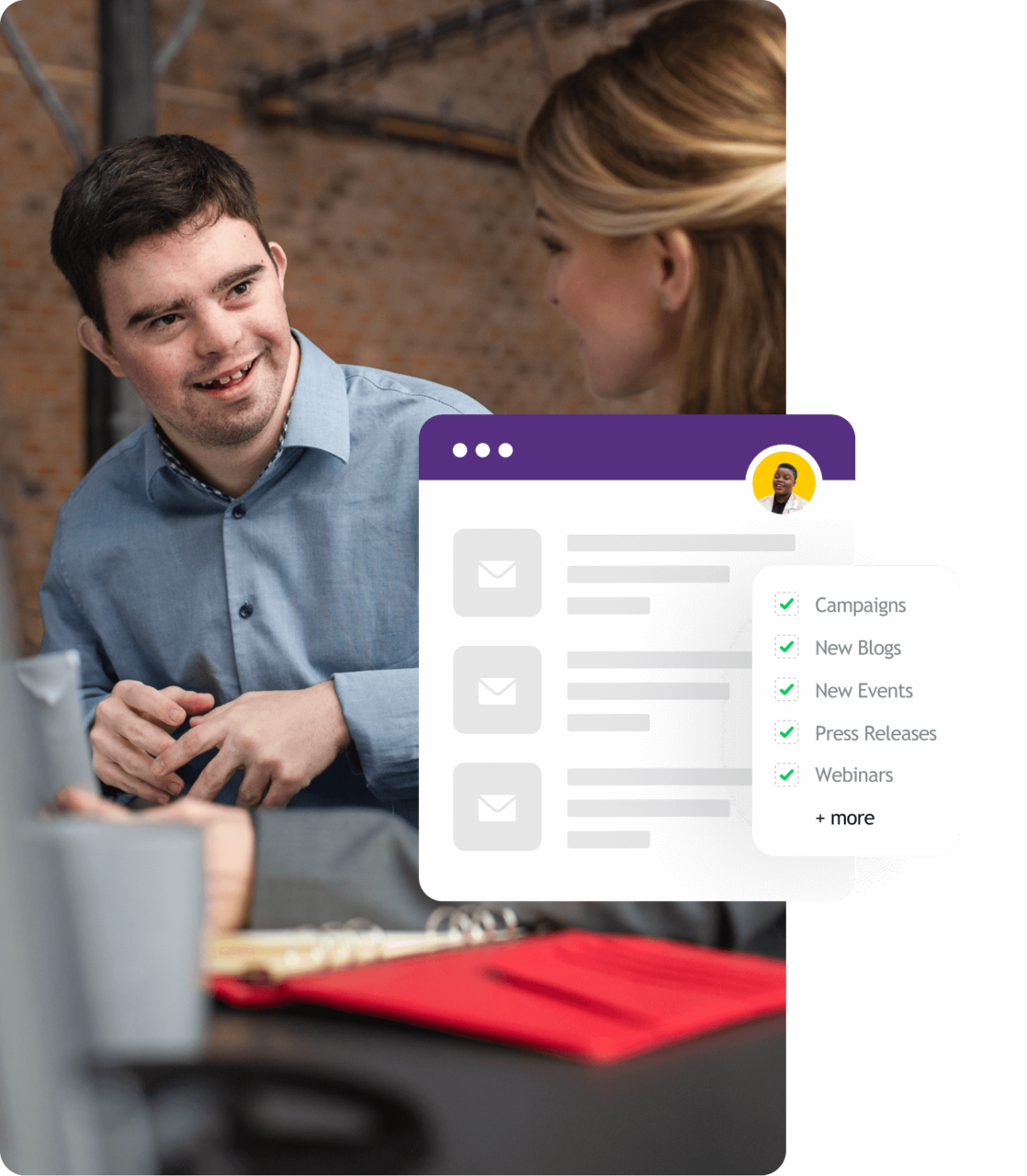
Stay Informed with the Latest News and Updates
